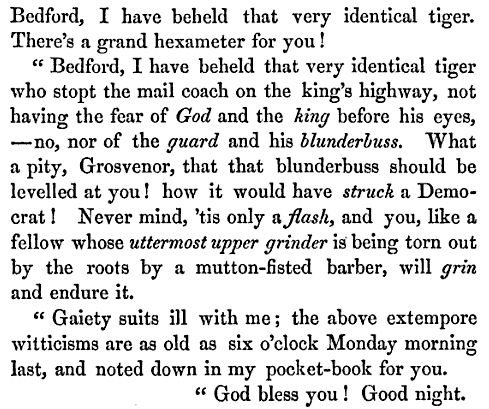Chinese "Etymology"
My previous post was about "dialects" that are often not really dialects, but bona fide languages, and the efforts of the Chinese government to phase them out. In this post, I'll be talking about "etymology" that is not really etymology, but character analysis.
The occasion for these ruminations (see especially the last two paragraphs below) is this brief news item that occurred in the Beijing Morning Post on January 13 (pardon the somewhat peculiar English of the following paraphrase, which is taken from a daily Chinese newspaper digest [so far as I know, the BMP is published only in Chinese]; it conveys the sense and tenor of the original in a serviceable, though abridged, fashion):
Read the rest of this entry »


